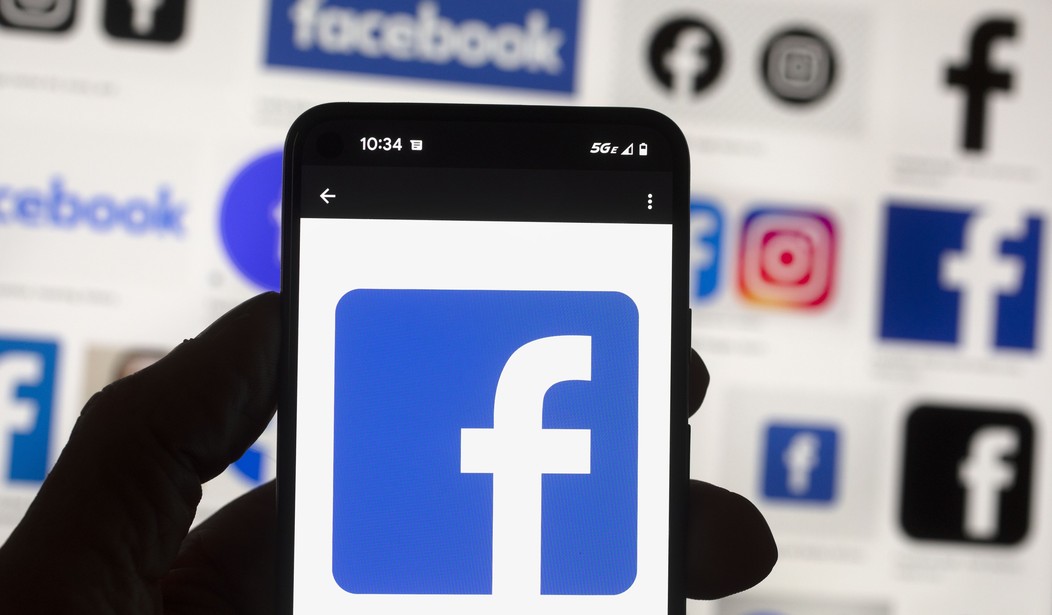Gov. Ron DeSantis (R-Fla.) signed the most restrictive social media access bill in the country on Monday trying to address the problems that pre-teens' access to social media accounts has brought about.
Under the new law, social media companies are required to close accounts believed to be used by minors under 14. Social media companies must also "cancel accounts at the request of parents and all information from the accounts must be deleted," according to the Wall Street Journal.
“Being buried in those devices all day is not the best way to grow up — it’s not the best way to get a good education,” DeSantis said.
Psychologists have been sounding the alarm for years.“Smartphones and social media fundamentally changed the way teens spend their time outside of school,” says Jean Twenge, a psychologist and author.
“You take a generation of young people, they’re spending a lot more time in their rooms, alone, not sleeping, not hanging out with their friends in person. That’s a pretty bad formula for mental health,” Twenge adds.
Social psychologist Jonathan Haidt has a new book out that deals with what he sees as a full-blown crisis. "The Anxious Generation: How the Great Rewiring of Childhood Is Causing an Epidemic of Mental Illness," advances the theory that staring at screens all day is not conducive to human development.
“It’s as though we sent Gen Z to grow up on Mars when we gave them smartphones in the early 2010s in the largest uncontrolled experiment humanity has ever performed on its own children,” Haidt writes.
Haidt compiled some shocking statistics. "Rates of depression and anxiety in the United States—fairly stable in the 2000s—rose by more than 50 percent in many studies from 2010 to 2019. The suicide rate rose 48 percent for adolescents ages 10 to 19. For girls ages 10 to 14, it rose 131 percent."
“A child, in their brain development, doesn’t have the ability to know that they’re being sucked into these addictive technologies, and to see the harm and step away from it,” Florida House Speaker Paul Renner (R-19th District) said at the bill signing. “And because of that, we have to step in for them.”
Ordinarily, I'd be dubious of the government limiting viewing choices for kids or adults. But the addictive nature of some social media games and memes.
And what do the social media companies think?
A TikTok spokesperson said the company has policies in place to protect teens and would continue to work to keep the platform safe.
A representative for Snap up declined to comment. A representative for Meta Platforms didn’t immediately comment. A representative for X didn’t immediately respond to a request for comment.
1. No smartphones for kids before high school — give them only flip phones in middle school.
2. No social media before age 16.
3. Make schools phone-free, by putting devices in phone lockers or Yondr pouches.
4. Give kids far more free play and independence, including more and better recess.
Those are good ideas but not enforceable. If a kid can get illegal drugs, they can get a smartphone. Logging on to your big brother or sister's Instagram account is a snap, and given the ease with which students bring all sorts of stuff into schools, making them "phone-free" is a huge challenge.
Giving children the opportunity to have more free time to play and enjoy better recess is the best that we can do at this time — not too structured, but giving some thought to the kinds of activities that kids can enjoy.










